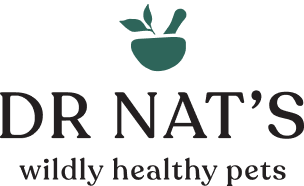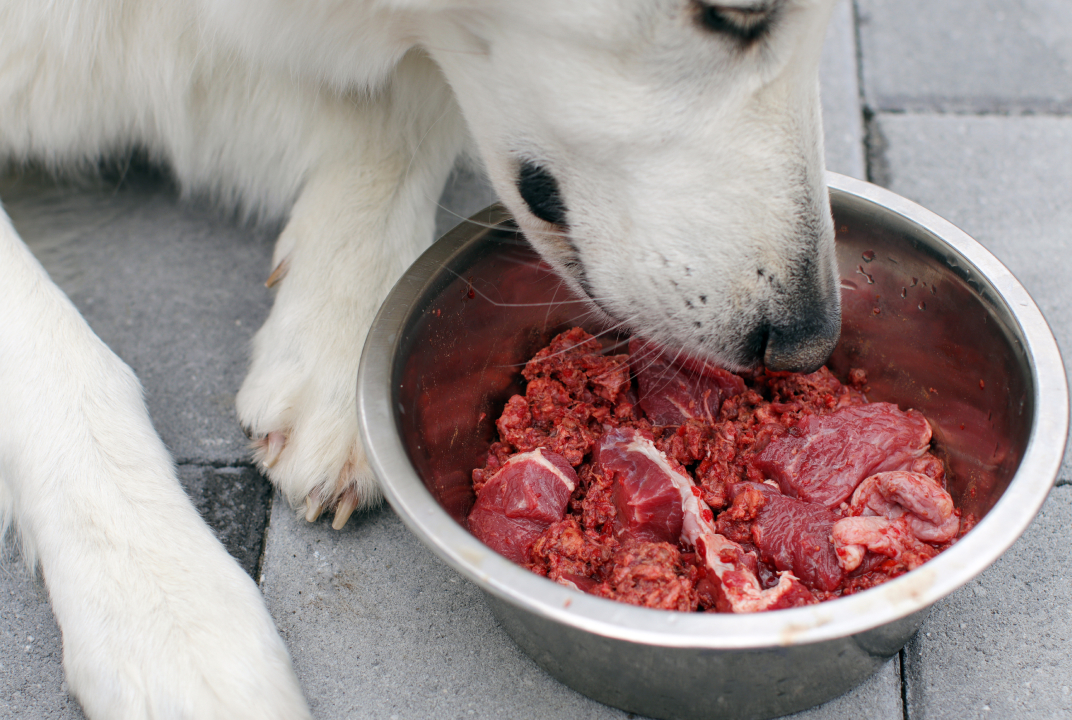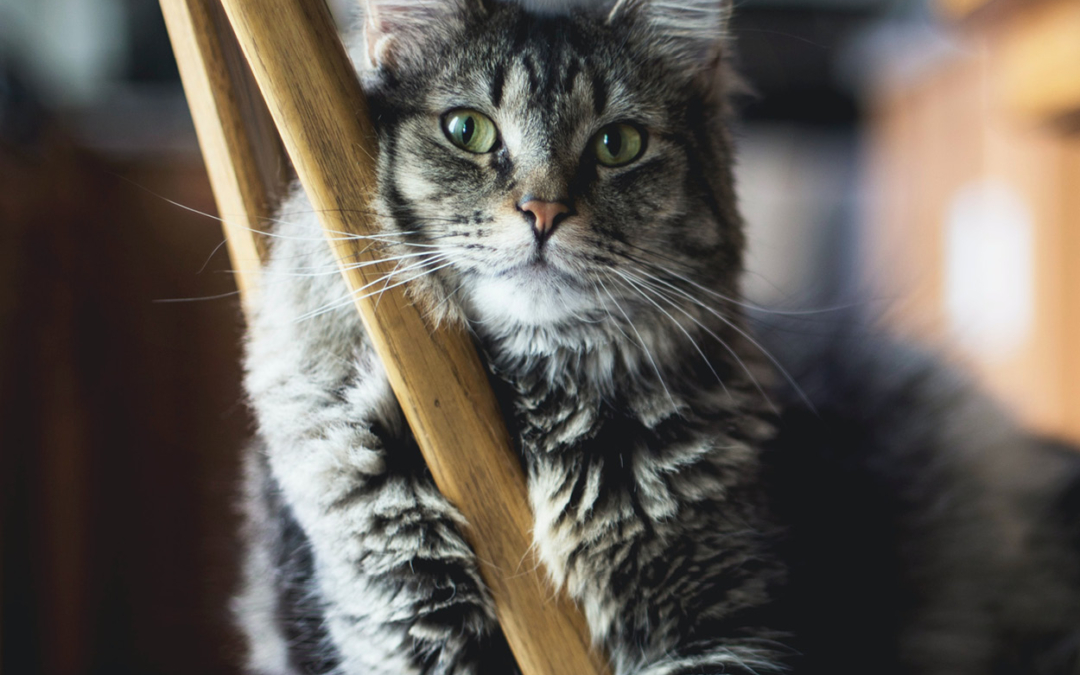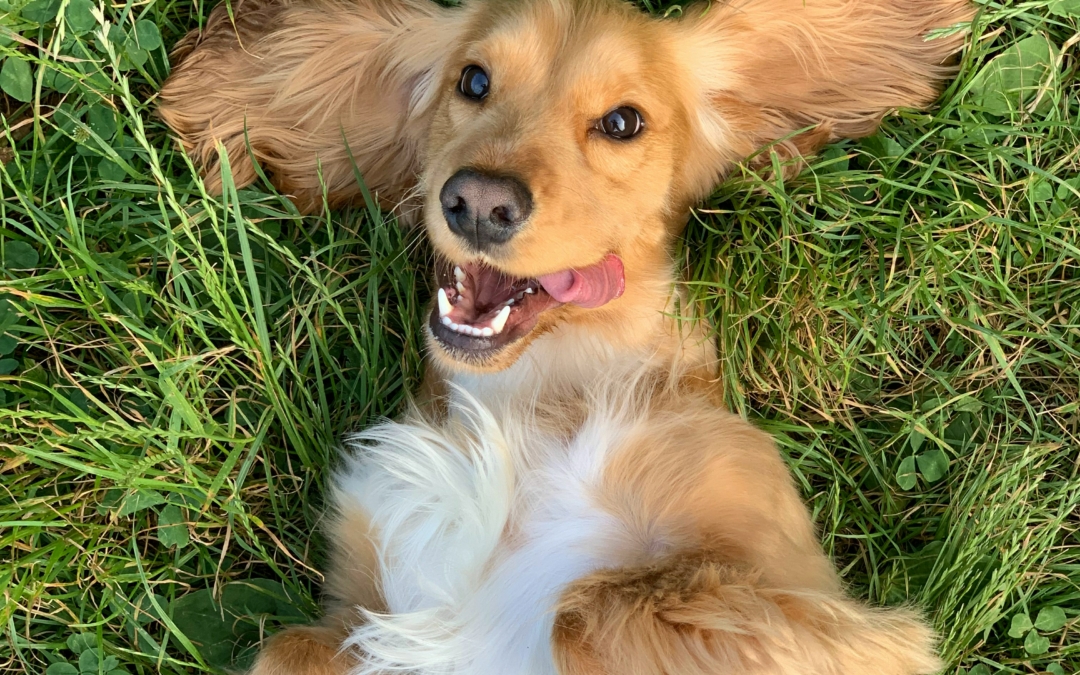Hippocrates said, “let food be thy medicine and medicine be thy food.”
It seems to me that it only makes sense for dogs and cats to eat a raw unprocessed diet. However, Veterinarians are the only health practitioners who recommend their patients eat a processed commercial diet. Often one that they sell. Luckily many vets are waking up and starting to question their nutritional training. Dr. Renee (formulator of Bella & Boots), Dr. Clare Middle, Dr. Bruce Syme (creator of Vets All Natural pet food), Dr. Ian Billinghurst (creator of BARF) are just a few.
If we look at it from a biological perspective, canines and felines can’t cook. They have evolved over thousands of years of hunting and scavenging and survived perfectly well. Nutritionally formulated processed pet foods have only existed since the 1960s. Interestingly it is only recently that we are seeing an explosion of chronic diseases, similar to people, amongst our furry friends.1 From obesity and arthritis to kidney disease and heart disease our canine and feline friends are getting hit hard at an alarming rate.
The digestive system of canines has evolved to digest raw meat and vegetables and with a pH of 1.5 can process meat, bone, offal and scavenged food very effectively. Felines on the other hand are obligate carnivores and are only meant to consume around 5% vegetable matter. There will be another article focused just on cats to follow this one.
When dogs are fed kibble cooked at high temperatures containing high carbohydrate loads it changes the pH of the stomach to 4 – 5. This affects the digestive capacity and throws off the entire system. The immune system and skin health are particularly affected by this. Not to mention dental health and every other organ system as the body becomes so inflamed from this pro-inflammatory diet.
In my experience, it is the dry food that is to blame for most gastrointestinal upset. Most vets will blame the raw food that the dog has temporarily eaten when an animal is normally fed a dry-processed diet. But the problem is in fact that the dry food has altered the digestive system in the first place so that the animal can no longer digest raw meat or other highly contaminated food that dogs are programmed to scavenge. This is also why it can be difficult to transition an animal off dry food and onto a raw diet and some animals even seem to be permanently damaged. For a step-by-step guide to changing your pet onto raw food see my article here.
Thus the biggest recommendation I have for every pet owner is to feed a non-processed diet. Ideally raw. You may need help changing your animal’s diet; especially if they have any pre-existing issues. So please get in touch for a consult if this is the case. It may come as a surprise that most of the time I do not recommend feeding carbohydrates such as rice. It may also surprise you that a slow gradual transition is not recommended for dogs.
The main concern that most conventional veterinarians have about raw foods and home-prepared foods is that pet owners couldn’t possibly formulate a balanced diet properly and therefore animals may be in danger of nutritional deficiencies.
This is a valid concern. Each life stage is different and certainly, some individuals and breeds may have specific requirements (take Dalmatians for example). Again; contact me if you would like help specifically designing a diet for your pet.
However, for most dogs, it’s really not that difficult!
A balanced raw diet consists of;
- 70% animal product (made up of 50% muscle meat, 10% bone and 10% offal)
- 30% vegetables
Vegetables are best fed as a raw pesto-like blend made in the blender with some water and superfoods added.
I recommend blending up a large batch and then freezing this into small containers
Ideal vegetables to add to this blend include; leafy greens like kale, spinach, silverbeet, herbs, edible weeds, broccoli, carrot, zucchini, cucumber and celery. Anything that you yourself would eat raw in a salad is ok (except avocado).
To your large batch of blended greens you can also add;
- 1 – 2 tsps of super greens such as moringa or spirulina.
- a few tablespoons of other superfoods such as chia seeds, hemp seeds, and linseeds.
A little healthy fat is also very good such as fish oil, flaxseed oil, tahini or hemp seed oil (fish oil is very important for skin problems). It is best to add this fresh at feeding time.
Live foods containing probiotics are also extremely helpful for the digestive system to function optimally and are especially helpful with diet changes. Dr Nat’s Defence Immunity tonic or Restore Digestion Tonic contain live probiotics and are excellent additives. A little goes a long way.
There are also many well formulate pre-made raw pet foods available these days. Some of the local brands that I recommend include;
- Raw4Paws a local brand to the Sunshine Coast.
- Bella and Boots; organic and also formulated on the sunshine coast with the help of Dr Renee from The Natural Vets
- The Complete Pet Food company is a Brisbane base company.
- Instincto is one you can get delivered
If you need to feed a shelf-stable packaged food please find freeze-dried or air-dried brands such as Ziwi Peak or Fronteir Pets. Ziwi peak is also great for training treats. If purchasing either of these online use the code DRNAT10 at the checkout for a discount.
Another great option if you have a dog with a sensitive stomach or just to help ease the transition to raw is Lyka. Lyka is a lightly cooked diet at 90C with human grade high quality whole foods. It is freshly prepared and snap frozen to remain preservative free. It is not highly process and does not use meat meal or animal by-products. You can use my coupon code for a 20% discount; DRNATS20
If you have questions you or need a diet formulated specifically for your pet and require help with the diet change process (which can be tricky is some patients) please book a consult with me.
For more reading on raw diets and bones here are some great resources –
Sources
